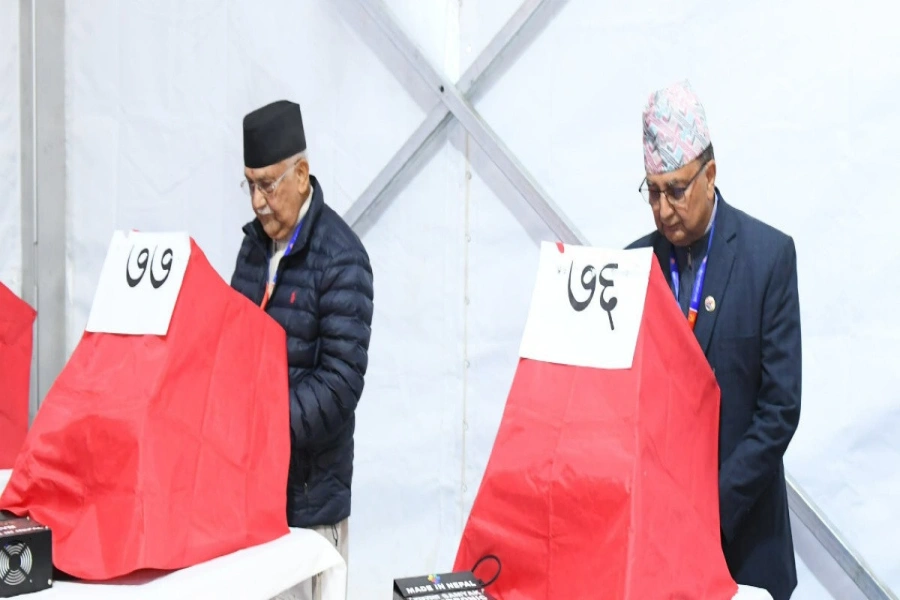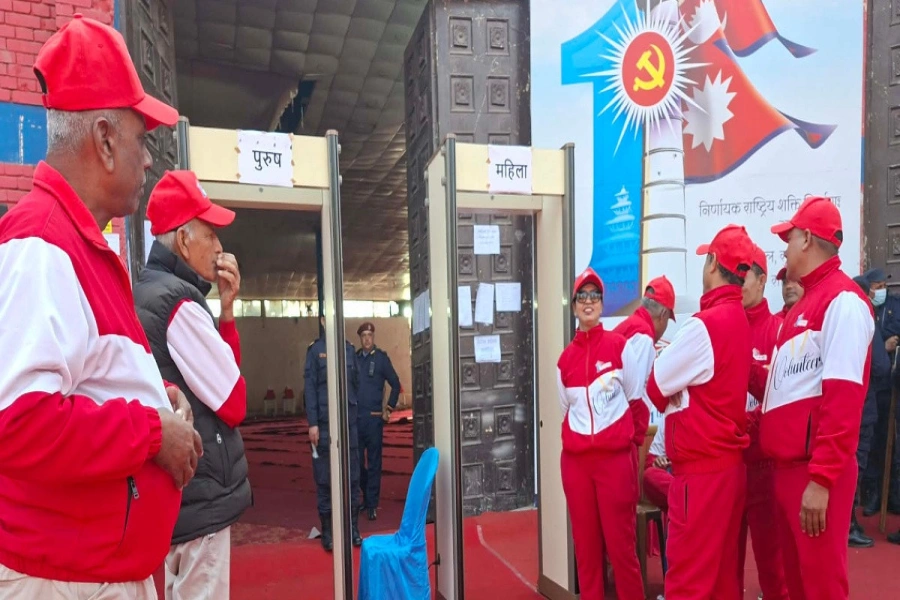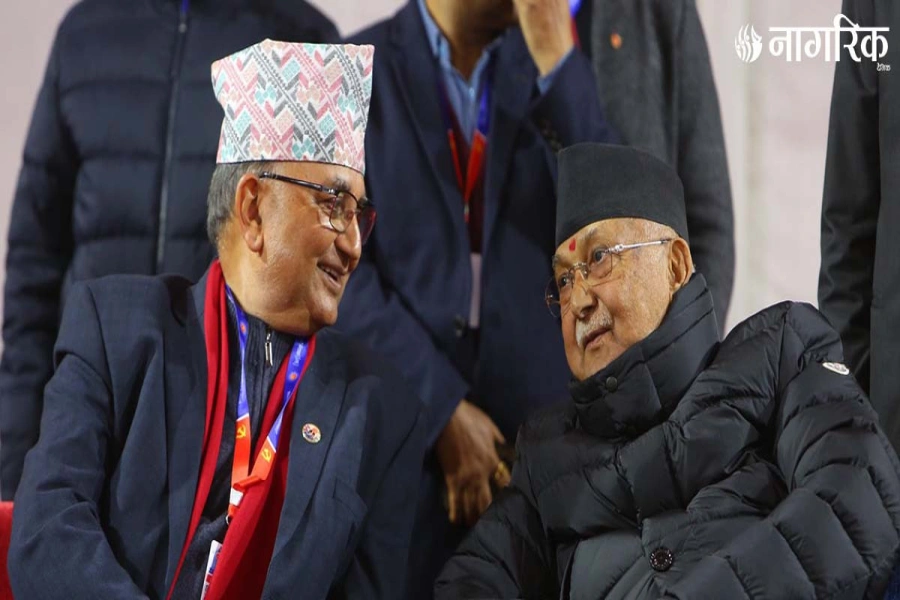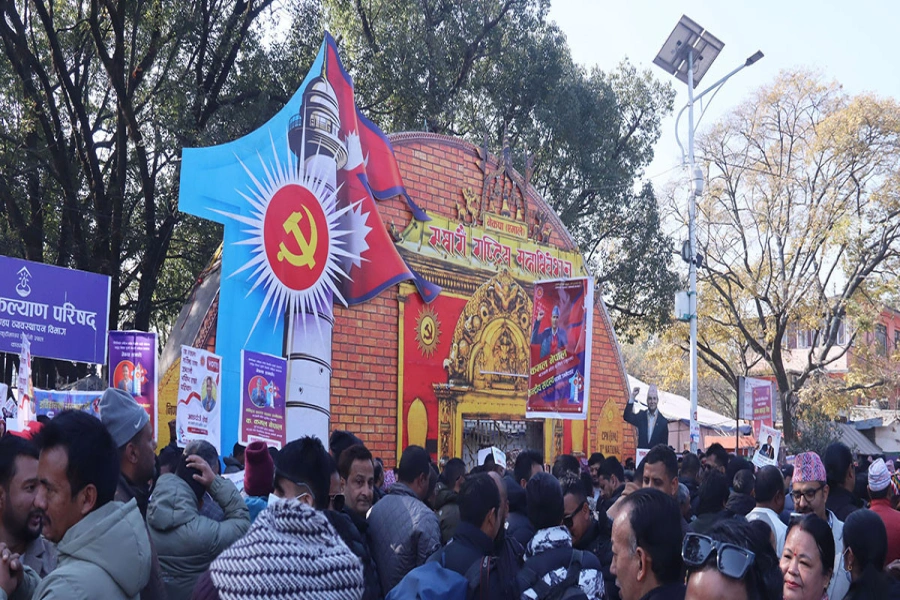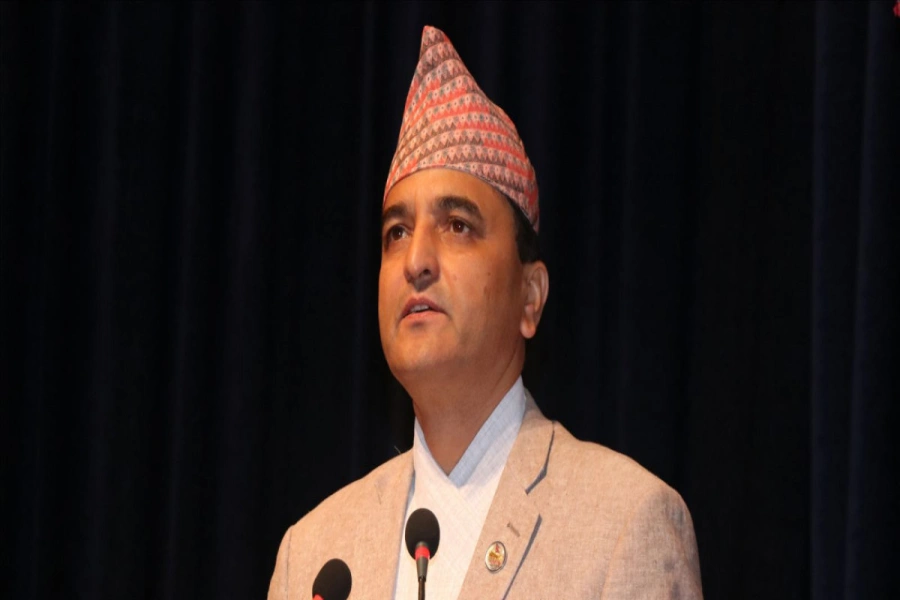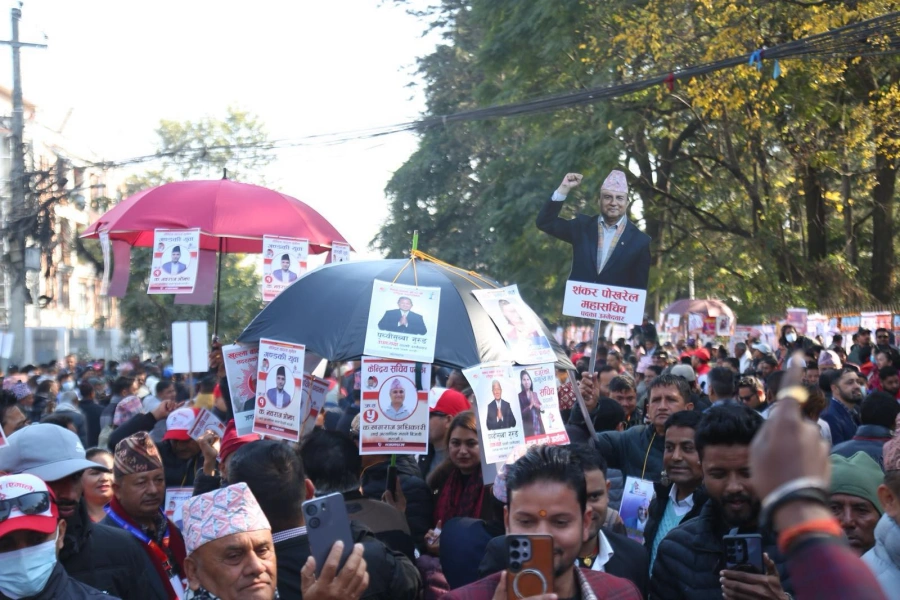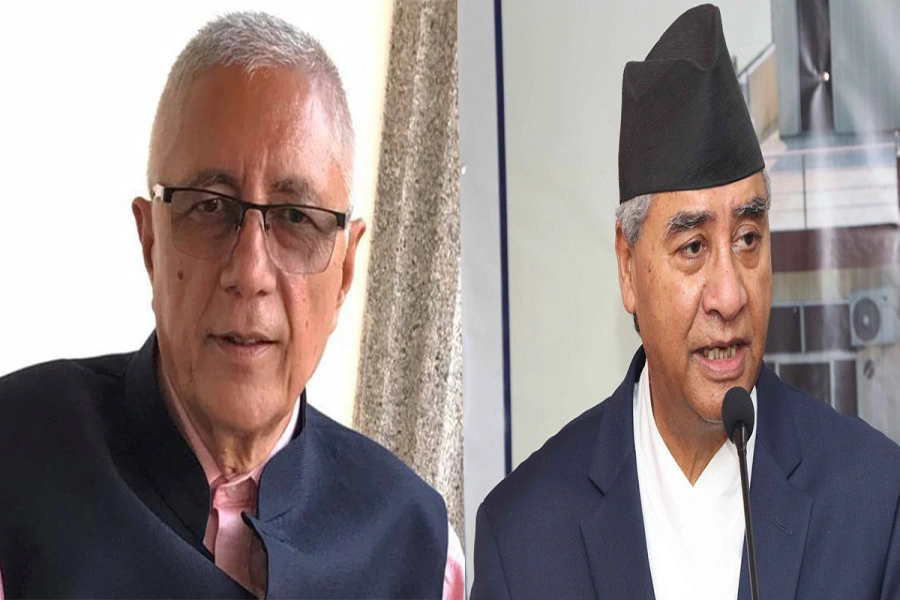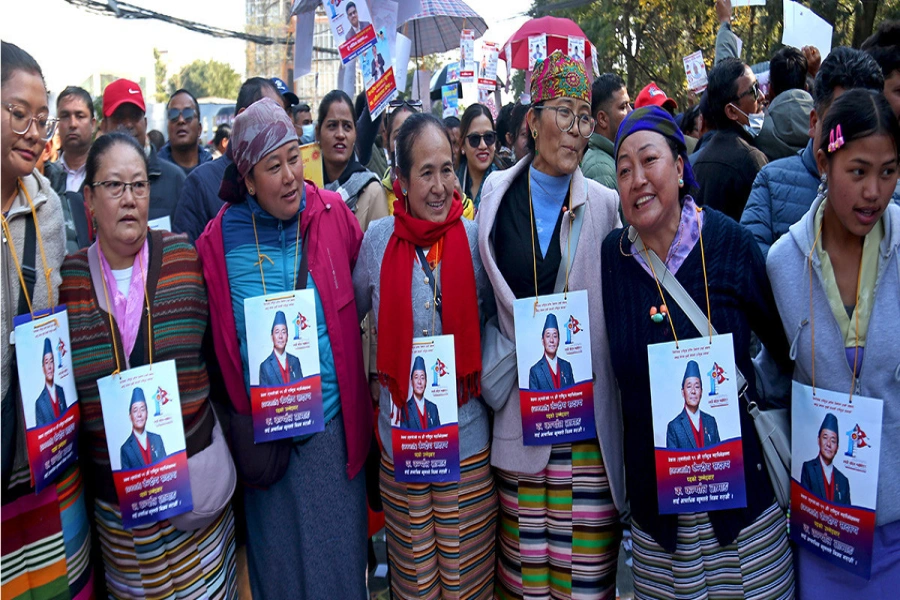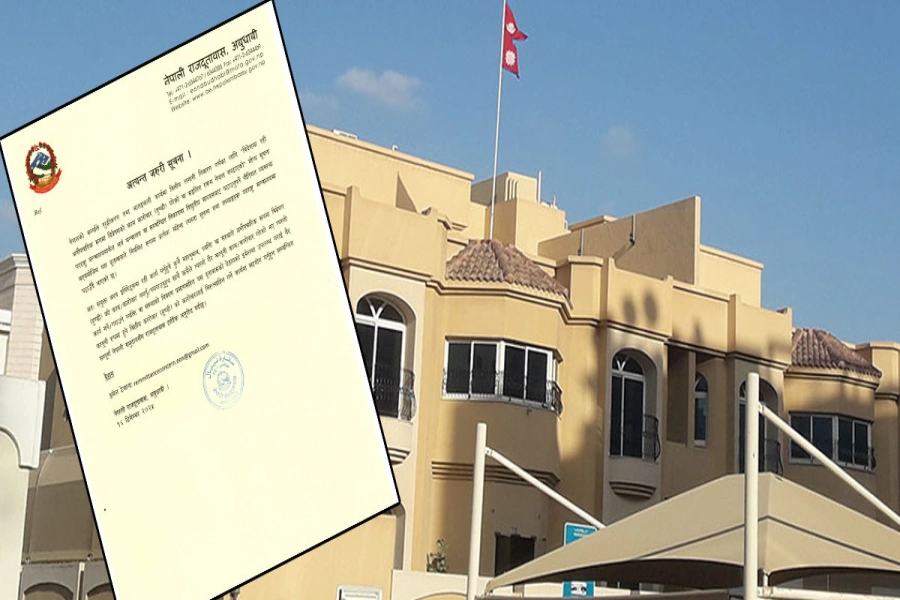KATHMANDU, June 22: Although it has been making significant efforts to eliminate human trafficking, Nepal has failed to meet the minimum standards for its elimination, according to the 2019 Trafficking in Persons (TIP) Report released by the US Department of State on Thursday.
The report acknowledges that the government demonstrated overall increasing efforts compared to the previous reporting period and put Nepal on Tier 2 in its ranking. These efforts included identifying significantly more male trafficking victims than in previous years and creating and funding a law enforcement bureau dedicated solely to human trafficking crimes -- Human Trafficking Investigation Bureau.
The report, however, states that the government did not meet the minimum standards in several key areas. “Its laws do not criminalize all forms of forced labor and sex trafficking, and despite a large number of Nepali male trafficking victims overseas, government protection efforts disproportionately focused on female victims,” it said.
NTUC demand minimum wage of workers be determined without delay

While highlighting that official complicity in trafficking offenses remained a serious problem both direct complicity as well as negligence in Nepal, the report pointed out that the government did not report significant efforts to address it even after a 2017 parliamentary call to take action.
“Officials encouraged migrant workers exploited abroad to register cases under the 2007 Foreign Employment Act, which criminalized fraudulent recruitment, rather than refer cases to police for investigation of labor trafficking,” the report states further.
The report has also made various prioritized recommendations in order to combat the trafficking in person problem. These recommendations include launching investigation into allegations of official complicity in trafficking crimes and holding perpetrators criminally accountable, amending the Human Trafficking and Transportation (Control) Act (HTTCA) to bring the definition of human trafficking in line with the 2000 UN TIP Protocol, finalizing and training front-line responders on standard operating procedures (SOPs) to identify and refer trafficking victims to services, especially male labor trafficking victims and comply with the UN TIP Protocol.
The report has also recommended the government to establish SOPs for law enforcement to investigate human trafficking cases, including referrals between agencies, increase investigations, prosecutions, and convictions of trafficking offenses, including criminal investigations into labor recruiters and sub-agents who engage in labor trafficking and expand access to and availability of victim care, including shelter and repatriation, for all victims, especially males and Nepalis exploited overseas.
The report has also recommended increasing staff, training, and resources to the Department of Foreign Employment (DFE) to facilitate full implementation of the low-cost recruitment policy, including regular DFE monitoring for compliance, implementing the victim-witness protection provisions of the HTTCA and removing the HTTCA provision that allows victims to be fined if they fail to appear in court or be held criminally liable for providing testimony contradicting their previous statement.
Lifting current bans on female migration and engaging destination country governments to create rights-based, enforceable agreements that protect Nepali workers from human trafficking, providing documentation to Haruwa-Charuwa [former bonded laborers] communities and internationally recognized refugees and asylum-seekers to allow to them to work, attend school, and access social services are also among the recommendations made by the report.





